A Reader's Question: How Do I Become Location Independent?
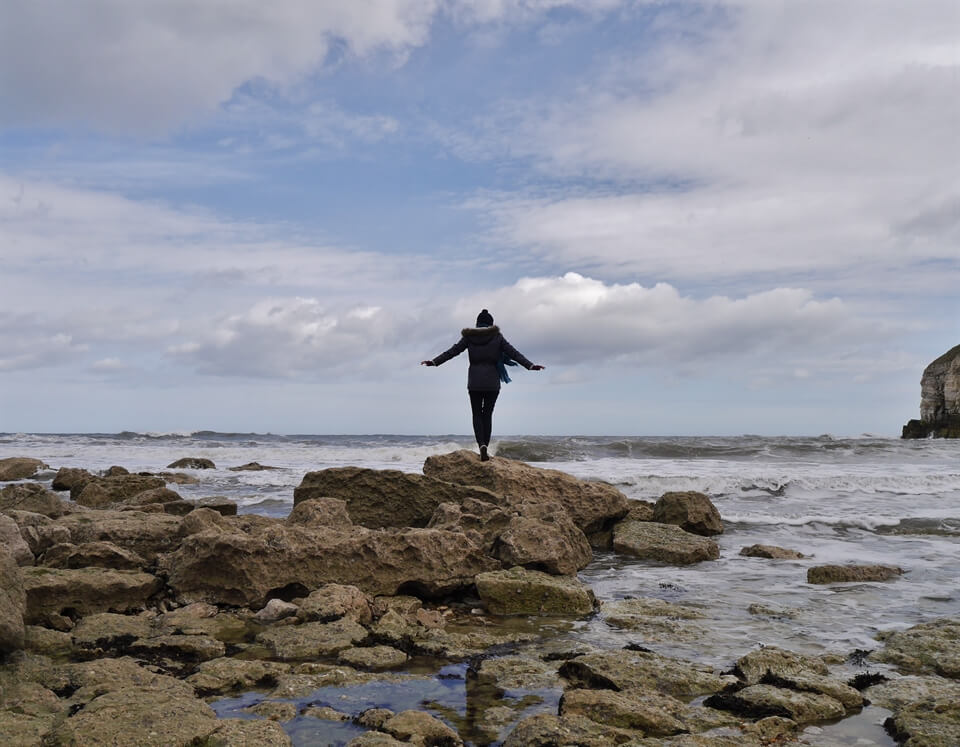
Following on from last month's Reader's Story by Melani about beating fear to study abroad, today I want to welcome Isabella to the blog. She sent me an email some time ago asking for some advice on becoming location independent and building a career that could enable her to travel as she worked. Rather than send her links to all the presentations I've done and the posts I've written previously (like this one, this one, this one and this one) about this I wanted to understand exactly what she wanted to know and to also understand her story better so I could give her some more personal advice. As I was thinking about this, it struck me that her story - and hopefully my feedback - could be relevant to other As the Bird flies readers, so here we go with another Reader's Story and some more words from me about becoming location independent.
(And if you'd like to share your story on As the Bird flies, here's how.)
*****
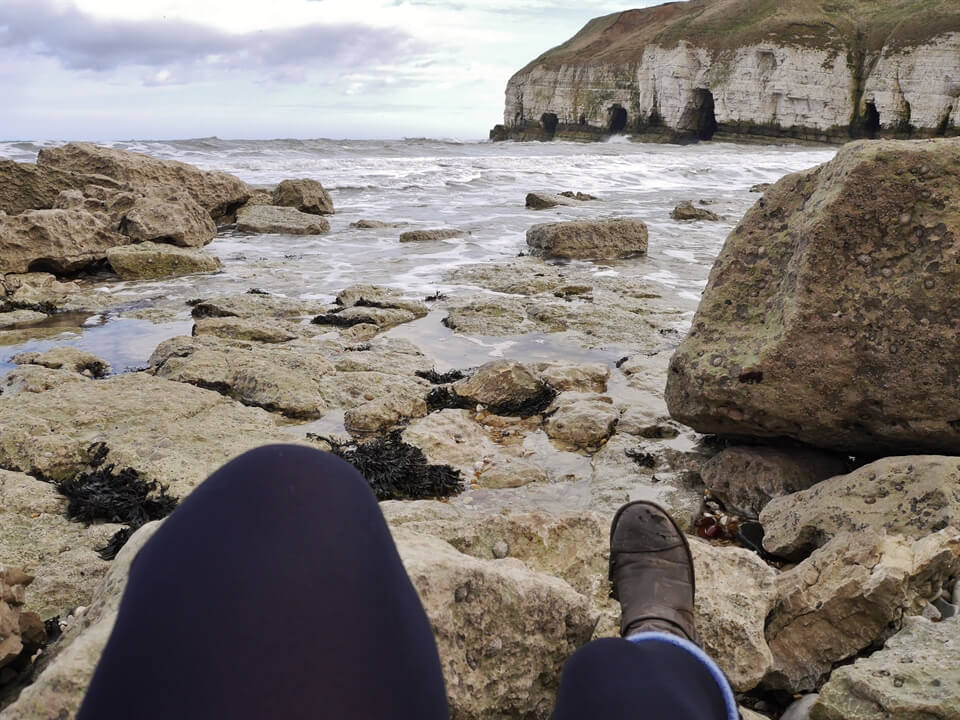
In Isabella's Words: Is it really possible to live a freelance life and travel the world?
Last July I graduated from University. I had just turned twenty one, and after three years of studying, I had learned about much more than Linguistics. Each year at university was invariably turbulent, and through the challenges I faced, I came to understand more about myself (what doesn’t work for me, as well as what does).
The best thing about university? The prolonged study breaks. Before leaving home, I hadn’t travelled. I had never visited anywhere by myself that was further away than a bus journey. Suddenly, here I was, alone in a new city, surrounded by people who had seen the world. So, a few months after my 19th birthday, I made a rash decision to move to Italy for three months, filling up my summer holiday. Honestly, it was the best decision I have made. I worked as an aupair for a gorgeous family who, in return for my work, shared their home, culture, dreams, cuisine and much more. In three year of studying, I managed to work as an aupair four times, experiencing life in some of Europe’s most beautiful cities. I caught the travel bug. Moments after arriving on my first trip, I realised that I want to live a life experiencing as much of this world as possible, constantly moving farther and wider. I want to see as much of the world as possible, recording my discoveries through words and photos to share with others.
Six months later I am trying to realise this dream. Figuring out a way to live a nomadic lifestyle, whilst feeling secure and stable. As I work on doing so I am back living with my parents, and working full-time to save money for a plane ticket. I am writing on a daily basis, sometimes for my personal blog, working on a novel, or dreaming up short stories.
For the first time in forever, I feel perfectly balanced, working on both long and short term goals, and most importantly, looking after myself. I am optimistic about the future, but also nervous. Is it possible to live a fully-functional freelance life?
I want a lifestyle where I am location and company independent. I work for myself, when and where I choose. I don’t want a conventional 9-5 routine. I want freedom in my daily schedule. I understand that this can mean early mornings, or working late into the night at times. I want to travel often, with purpose, as well as for leisure, documenting different facets of the human spirit. I want to speak more languages, and practise them as I go. I want to be a reputed and respected writer, working with a wide-range of individuals, creatives and companies.
In a moment of bravery, I reached out to Frankie. I am inspired by her blog and lifestyle, so on my search for guidance on how to live a freelance, creative life, I turned to someone who is living one. I am hoping she can offer me some advice on ways to build up a name for myself online, creating trust for my brand, in the eyes of prospective clients. I understand that many people in my life won’t be able to understand why I am choosing to shun the ideas of a traditional ‘job’, but that is something that I am coming to accept. The world would be an awfully dull place if we were all the same.
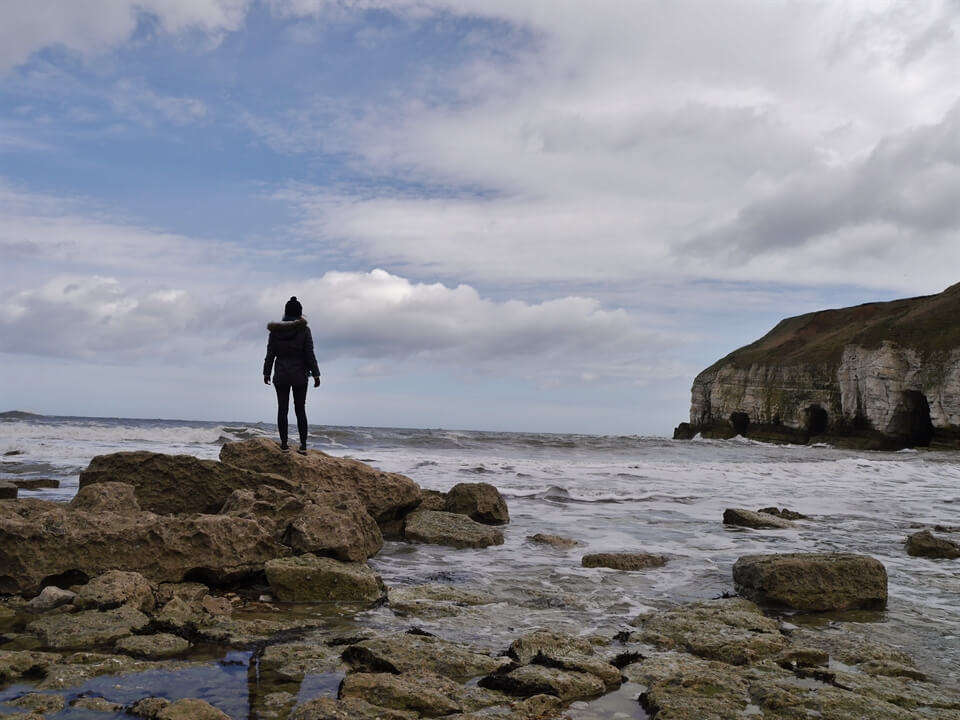
In Frankie's Words: My honest advice on becoming location independent
Before I begin to answer some of Isabella's questions and requests, I feel the need to remark on something that is so encouraging and exciting about Isabella: her energy. There is enthusiasm - for life, for travel, for the future - bouncing out of her words and it's tempting to chicken out of answering in full by simply saying; just keep doing what you're doing Isabella because that energy is going to take you places, literally.
I honestly believe that positive energy and the right attitude is about 90% of the solution to any problem.
However, I promised Isabella more of an answer and I will try to deliver.
Different ways to be location independent
It strikes me that Isabella already knows that it's possible to be a location independent creative, and instead what she's really asking is how. Well, unfortunately I don't have a 10-step guide as an answer to that, but I hope this is seen as a good thing because in reality, there are one hundred different ways to become location independent. I would also argue that it's easier today than it was when I first started out, if only in the way it's being discussed more openly and highly successful, high profile companies like Buffer and Wordpress are priding themselves on hiring remote workers all over the world, many of which are nomadic or location independent. This means, I hope, that it will only get easier and easier.
So that brings me to one way to do it...
1. Work for a company that hires location independent employees.
A little internet research will soon open up countless webpages listing companies who offer opportunities for remote working as a "full-time employee". (Here's a US-centric list to give you an idea of how many there are.)
However, Isabella clearly states that she wants to work for herself and if you read this post I wrote about the things I've learned in three years of freelancing, you'll know that I also love being my own boss. So let's talk travelling while freelancing - and because it's what I do and what Isabella seems to want to do - I will go into specifics about freelance writing.
2. Working as a remote freelancer (specifically, freelance writing)
Never before has there been such a need for content. For any website to do well, Google is still saying it needs to be updated regularly with new content. On social media, news outlets are almost competing to produce relevant, shareable content on an hourly basis. Likewise, brands are using content to reinforce their message and to extend their online reach. Content isn't just King, it's the whole pack of cards. This is both good and bad news for anyone wanting to get work as a freelance writer. The good news is that there are jobs out there - a lot of jobs. The bad news is that people have known about this demand for some time and so there are also a lot of players fighting for those jobs which pushes rates down and makes it a highly competitive market.
Unless you specialise in a certain topic by having studied it for several years or having worked in an industry for a decade, it can be very difficult to walk into this market and start charging a rate you want. For example, when I first started freelancing, I used job boards like Elance and Peopleperhour and rarely charged more than £10 - £15 per hour. I also had to give a percentage to the website I got the work through. But this was a start and it was a paid start. Once I had some good reviews I put my rate up a bit, but I still couldn't charge what I wanted for a good six to ten months. There were other advantages of using these job boards; I got references and testimonials which I could refer other potential clients to, and I also started to build a portfolio of work.
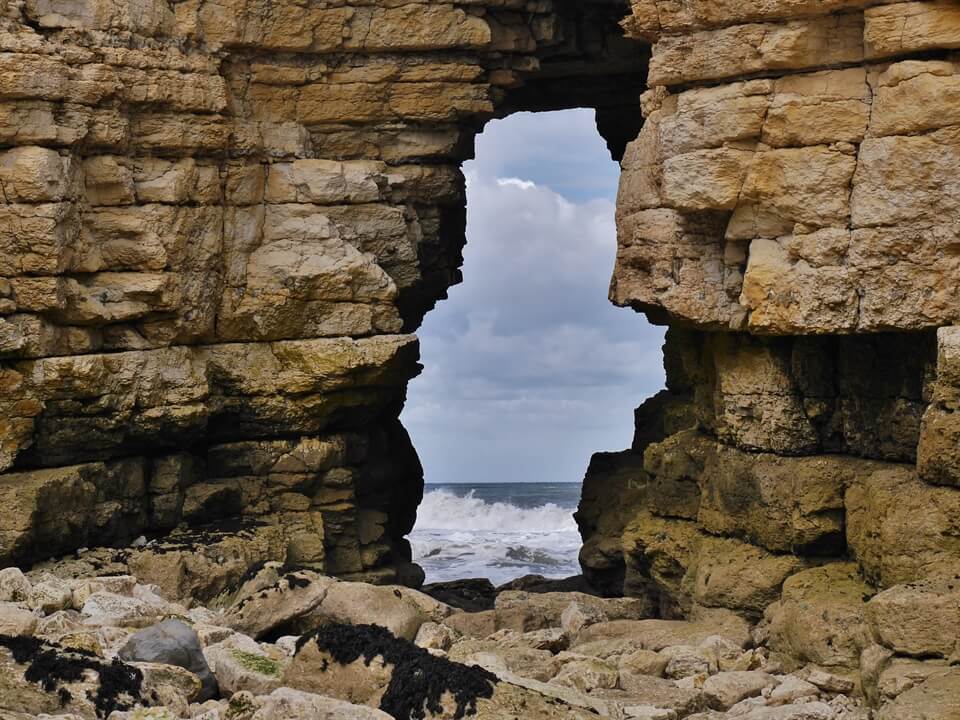
My step-by-step advice for starting out as a freelance writer:
1. Go where the jobs are. There's no point walking around in the dark trying to find a job you don't know doesn't exist. There are plenty of ways to find writing jobs online. Aside from the obvious job boards I've mentioned and a wealth of others, new jobs are being posted on new online job sites every day. A few hours of research and you'll find them.
2. Only apply for the jobs you know you can do and then put together a pitch in a quick, concise and professional way. I've gone into more detail about finding jobs online and pitching for them in this post.
3. If you don't have enough relevant experience or examples of your work, then get some. This may mean writing for free, or it could mean charging less than you'd like, but a few jobs like this can make a lot of difference. Once you've finished a job and the client is happy, ask for a testimonial.
4. Repeat the above steps until you have either a decent number of regular clients or you are able to charge the rates you want. It may take a year, or two, but it will happen. Allow for this by having savings and keeping your outgoings as low as possible.
At least that's how I did it. And to give you a rough idea of time scale, I would say that I used job boards for the first 12- 18 months of freelancing but within six months of this approach I already had two regular clients which helped take a lot of the pressure off me. Then within another year I had enough regular work and was getting enough direct enquiries via my website and my blog that I didn't need to use the job boards any more.
It's hard for me to comment on other ways to get started as a freelance writer - using an agency, pitching to potential clients directly, online or in-person networking, using LinkedIn, etc. - because I didn't do them. As mentioned in this post and in this presentation, I now gain new work from my blog and social media channels, as well as via my website and through conferences and networking events that I have attended or spoken at. It's very true that I've learned you have to be in it to win it, but I should also add that there's a lot more I could do to get new work so it's worth reaching out to other freelancers about this.
3. Set up your own online business
The third way you can become location independent is by running an online business. This is quite a broad concept to describe and one I have only a limited amount of experience in but my partner (a web developer) runs his own online business and I've also started to sell my books online, so I'll share what I can and offer what limited advice my experience has given me.
To run a successful online business you have to satisfy all the same criteria you would for an offline business. You have to satisfy a need, meet a demand and fill a gap in the market. This can require either a generous helping of luck or a lot of hard work... or both. Personally I see this option as a much longer game. My boyfriend started his online business ten years ago and it wasn't earning enough money for him to stop working as a contractor until four years later.
There are several better resources out there for giving you ideas and advice on setting up a remote online business or making money online, like 4 Hour Work Week and Smart Passive Income so again, I encourage you to do additional research. (I'll be honest and say that much of these websites and attitudes aren't my cup of tea, but I know they are a great resource for several people.)
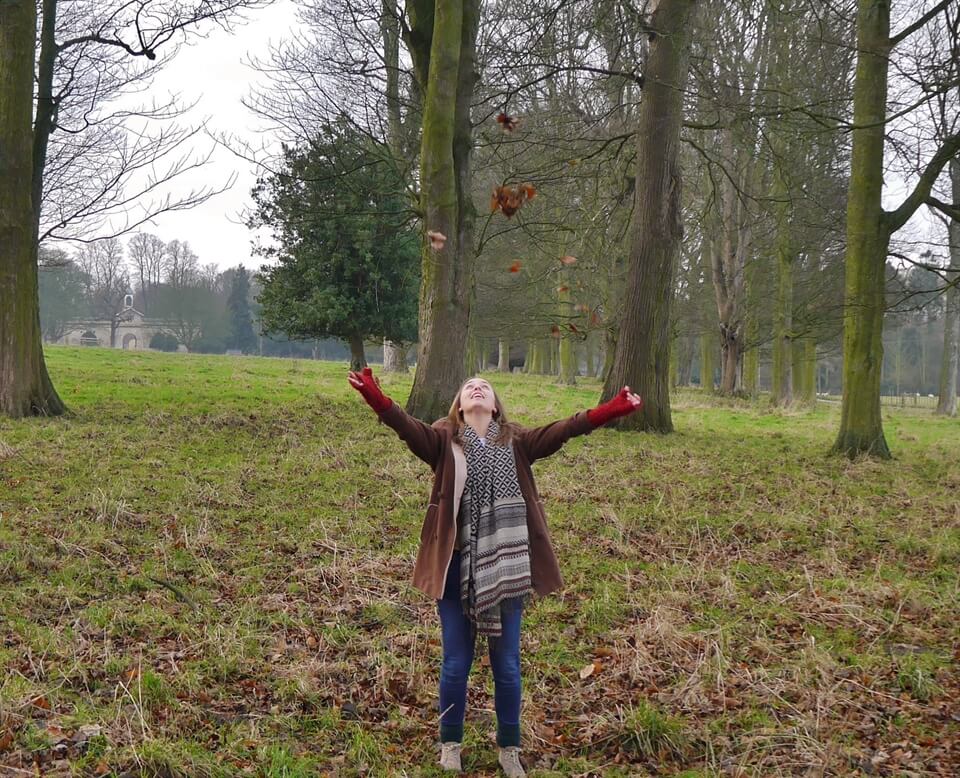
What about blogging? Is that a viable source of income... it's location independent, right?
As I've said many times, I roughly earn less than 20% of my income from blogging and the majority of that money comes from long-term brand ambassador collaborative projects like Must Love Festivals. However, my blog has certainly helped me gain work, especially early on as I was able to use it to experiment with different types of writing styles and to get guest post opportunities that then contributed to my writing portfolio. I will never tell a writer (or anyone!) to stop blogging because it's a great way to practise the craft and to keep those all-important muscles well trained, however, in this age of online publishing (when 100,000s of new blogs are created every day!) I personally think blogging is the wrong thing to focus on as a money-maker unless you already have a bit of money and a LOT of time to invest in making your blog look "stand-out-from-the-crowd" fantastic, publishing regular content and building your audience through relentless hard work and networking online.
Instead, indulge your creativity and write blog posts because you want to, whatever your overall goal may be. Personally, the number one reason I blog is because I enjoy it. I like to have a creative outlet (that no-one else can edit or restrict), I like to be able to document and share my travels, and I'm also using my blog to connect with new and existing readers of my books.
That's just my personal opinion on blogging. Other people will say other things and when you consider that their blogs are much more profitable than mine, there may be good reason to listen to them!
One of the best resources offering guidance on setting up a profitable blog is Problogger, but again a quick Google search will find you articles relevant to the niche you're interested in blogging about.
And finally...
My final piece of advice about building a location independent career is to be open-minded but focused. I don't mean that to sound contradictory. You need to be open-minded about how you're going to make money but you need to be focused on getting work done when it needs to get done. It's easy to get distracted by exploring one hundred different opportunities, but there's a big difference between researching them and actually trying to earn money by committing to one or two of them.
It follows from this that it's okay to fail. It's okay to try to be the best freelance copywriter specialising in creating content for garden centre websites, because that could be profitable, but it's also okay to realise you're not going to be the best, or likewise to come to the conclusion that you don't enjoy that. When I first started freelancing I also pitched myself as a social media manager, handling social campaigns and one or two companies' online image. I managed to get a few jobs but quickly learned that I wasn't as good at this as I initially thought and likewise I didn't enjoy it as much as I expected. It was tough to admit this to myself when I felt like I was turning down money but it wouldn't have "paid off" in the long run. Now I focus on the things I know I can do well and enjoy doing well.
And because this quote says it much better than I can, here's some final words of advice that I hope you, Isabella, can direct that fantastic energy and positive spirit towards... Enjoy the journey!
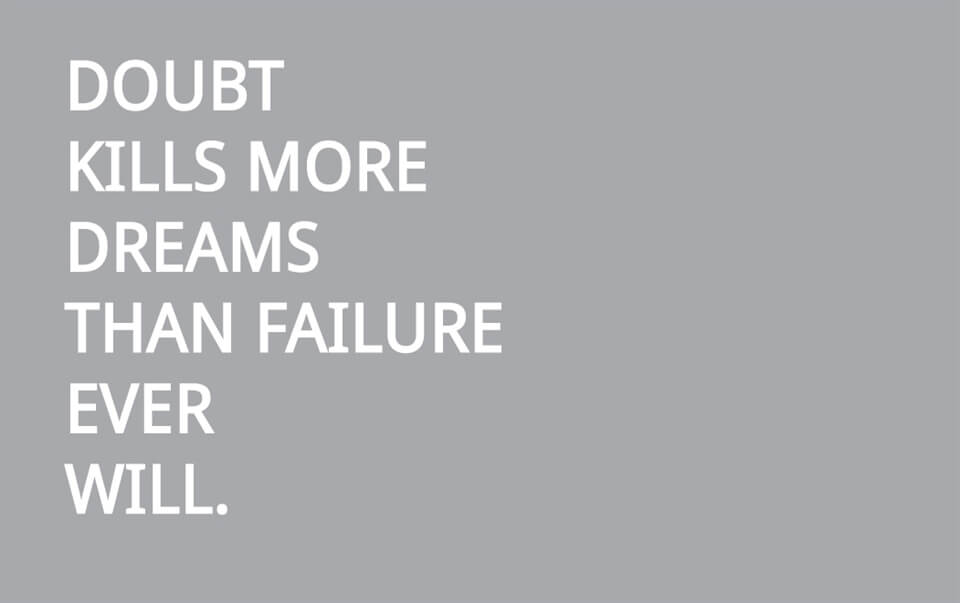
Images by Isabella courtesy of her blog Isabella Mozzerella, not including the final image by Visual Therapy.

Frances M. Thompson
Find Frankie on Facebook, Twitter, Instagram, Pinterest, and Google+.
 On Writing: How to Earn Money by Writing Stories
On Writing: How to Earn Money by Writing Stories Solo Luxury Travel: Best Caribbean Islands for Solo Travellers
Solo Luxury Travel: Best Caribbean Islands for Solo Travellers New Zealand Travel: 51 Interesting Facts About New Zealand Aotearoa
New Zealand Travel: 51 Interesting Facts About New Zealand Aotearoa Where to Stay in Portugal: Best Luxury Hotels in Portugal
Where to Stay in Portugal: Best Luxury Hotels in Portugal Singapore Travel: 3 Days in Singapore Itinerary
Singapore Travel: 3 Days in Singapore Itinerary About the Blog & Frankie
About the Blog & Frankie Welcome to My Amsterdam Travel Blog!
Welcome to My Amsterdam Travel Blog! Welcome to My Luxury Family Travel Blog!
Welcome to My Luxury Family Travel Blog! Welcome to My Writing Blog!
Welcome to My Writing Blog! Lover Mother Other: Poems - Out Now!
Lover Mother Other: Poems - Out Now! I Write Stories That Move You
I Write Stories That Move You Order WriteNOW Cards - Affirmation Cards for Writers
Order WriteNOW Cards - Affirmation Cards for Writers Work With Me
Work With Me